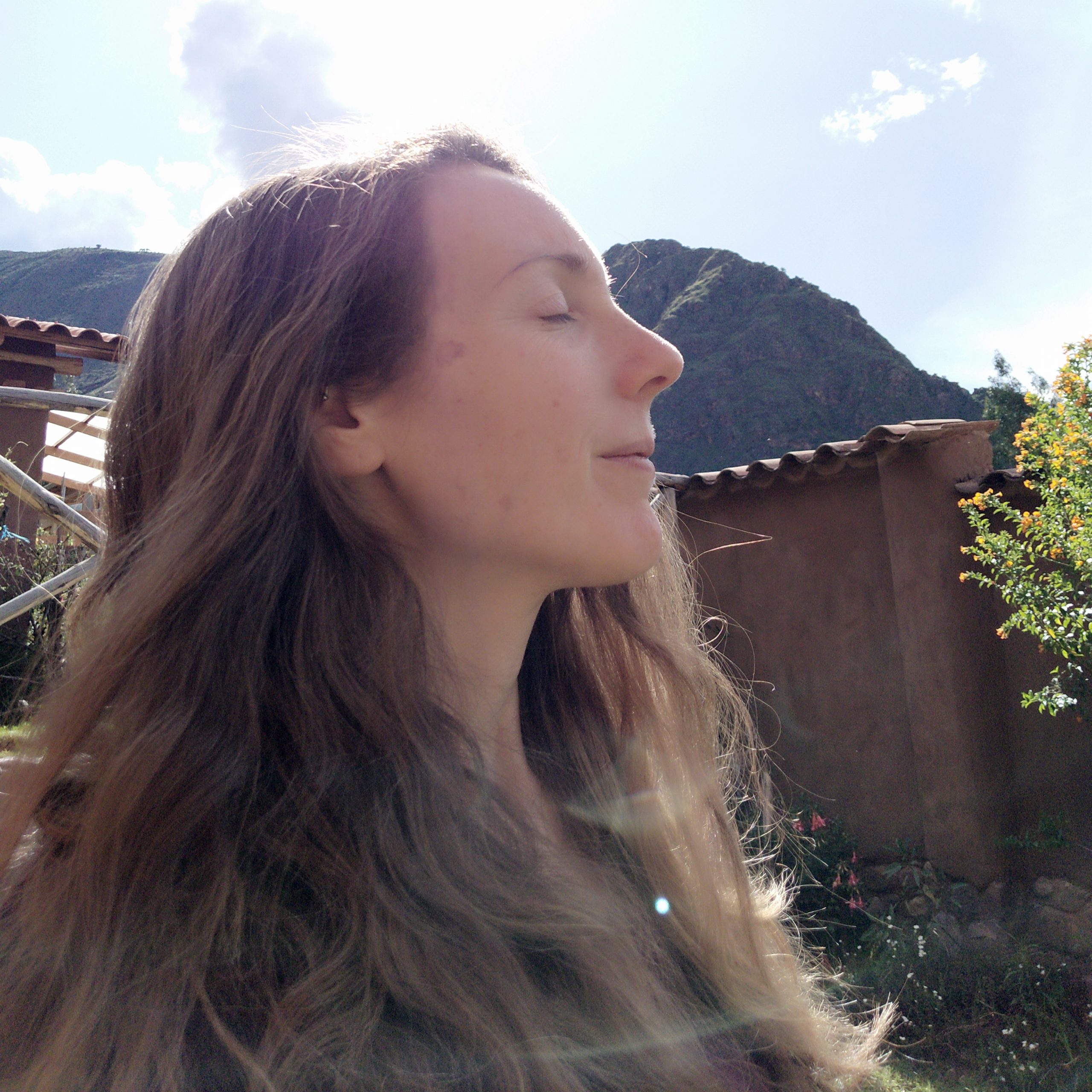Mindfulness is paying attention to the moment to moment experience of the present and becoming aware of more than we may have been used to. As a well-being tool of choice, mindfulness cultivates self awareness to enable an enriched quality of life to open up. Whilst there are a great many elements of our lives that require attention and focus, it is often the present moment that we miss out on appreciating through a lack of awareness.
Whilst the practice of mindfulness engages the present moment and encourages more of life to be known and experienced, it also acts as a bridge between the conscious and subconscious mind. The subconscious mind is that which lies outside of our conscious awareness where all conditioning relating to beliefs, perception, and judgements about ourselves, others, the world are held. It is constantly active because it is where automatic cognitive processes like decision making occur.
The subconscious mind is vital to our cognitive functioning and its subsequent impact on our behaviours, thoughts, actions and reactions are woven into our daily lives. By increasing awareness through mindfulness exercises, one enhances a great deal within one’s life; a felt sense of connection to self and others, less time ruminating on the past, worrying about the future and enjoying the moments during the day that contribute to an overall sense of well-being.
At a deeper level, mindfulness exercises strengthen the bridge between the conscious and subconscious mind enabling aspects of ourselves that are somehow inhibiting our lives to be brought into awareness where one can then decide if changes are required. This may be supported with practitioners of well-being, personal development programs and practices as well as group work and activities that include mindfulness techniques.
This article includes mindfulness exercises to try for yourself.
Mindfulness and the subconscious mind
Mindfulness as a practice is cultivating awareness of the present, moment to moment experience of life. From an early age and developing into adulthood awareness is lessened and often numbed or disconnected from as there are multiple demands, requirements placed upon us externally (society, education, relationships, etc.) that need our attention and focus.
From the cognitive functional aspect of the subconscious mind it is vital for some of our processes like breathing to be automated otherwise we wouldn’t be able to exist in the world quite as smoothly as we do. However, from a balanced well-being perspective, the significance of quality of life is given priority; one can examine where the majority of attention and focus is going. Furthermore, if one is engaged on autopilot for much of the present living experience, mindfulness can bring awareness to areas that need less focus and those that require more.
The results and benefits are plentiful. Beginning with an increased attention span, some studies found that with students who applied mindfulness, their attention spans lengthened during class. Improving cognitive function, memory, attention span, focus and presence are benefits that are desirable across the board. On a deeper level, emotional stability, less reactivity, more compassion for oneself and others are experienced too.
Meditation is a common form of practice to engage in mindfulness. Most meditation approaches relate to raising awareness of the present moment. Vipassana meditation extends from mindfulness to non-reaction; it cultivates an acceptance of the moment to moment lived experience. It also supports strengthening the bridge between the conscious and subconscious mind.
During a Vipassana retreat, one takes a vow of silence and spends ten, 20, or up to 45 days of intensive practice. For those that resonate with deep subjective experiences it’s recommended to attend at least one course during this lifetime!
The benefits of mindfulness exercises
Mindfulness is more than meditation, one might say it is a form of meditation. Over the years of mindfulness practice, which has included thousands of hours in meditation, I’ve found multiple forms of mindfulness exercises to be supportive on my journey of awakening and transformation.
The following touch on the extent to the potentiality of beneficial outcomes of engaging in mindfulness exercises:
- Greater self awareness, which over time extends to others and builds compassion
- Building new, healthier habits
- Creating a lifestyle that enhances quality of life
- Truly receive the gift of the present (less moments spent in anxiety, worrying about the future, less depression or ruminating on the past)
- Relationship satisfaction; deeper interconnectedness with yourself and others
Physical well-being
- Prioritising the body and thus more inclined to encourage physical exercise and movement that brings moment to moment fulfilment and enjoyment
Emotional well-being
- Experiencing elevated moods that reflect kindness, acceptance and compassion
- Cultivating space to be responsive rather than reactive
Mental well-being
- Cultivating awareness of negative self talk enabling you to build towards positive self talk with forgiveness and compassion
- Inviting a space for mental clarity to open up
- Cultivating greater cognitive flexibility that supports stability across all areas of life
Spiritual well-being
- A deeper, more satisfactory connection to yourself that builds a connection to your Higher Self, inner wisdom or terms that you resonate with that aligns with something greater than yourself; a higher purpose, felt sense of Wholeness
Mindfulness exercises to try
The following mindfulness exercises are ways to practise and cultivate enhanced well-being in your life. The invitation is to experiment, get curious and see what works for you:
- Mindful meditation – inviting moments of pause to orient and notice what is happening around you; name what you can see, hear, feel
- Listening – pausing to listen to your inner world and perhaps silence in stillness, be present to what arises and acknowledge its presence
- Visualisation – imagining colours and pictures in form that support you to feel safe, grounded and at peace
- Observing the breath – pause to pay attention to the inbreath and outbreath; try three and work to ten at regular intervals during the day
- Body scan – with eyes open or closed bring awareness to the top of your head and sweep awareness from head to toe observing each part of your body. This encourages parts of your body that are holding tension to relax and gently hold yourself in awareness with support and gratitude.
- Mindful eating – preparing a meal that brings nourishment and joy. Sitting down to more fully enjoy the meal and be present; appreciating each mouthful and inviting gratitude in. If sharing with someone, encourage acknowledging what you are grateful for out loud.
- Mindful movement – engage in a way that moving brings you peace, enjoyment and harmony. Take a walk in nature, stand and stretch regularly, jump, dance, run, however you choose to move, bring increased awareness to every moment that your body is making. You may go slower, or find yourself at a different pace and rhythm, great! Embrace it.
- Mindful expression through creativity: art – colouring, drawing, painting, photography; anything that draws your attention and focus to creating in short periods of time. Begin with setting aside 20 minutes, commit and create for that period of time.
Embodying mindfulness in daily life
Creating space for mindfulness exercises begins and reignites the journey back to connecting with yourself. Enhancing one’s felt and experienced sense of well-being naturally enables one to be confident in life; to enjoy and invite greater ease in relationships and moment to moment experiences as they unfold rather than them passing by unnoticed.
Mindfulness exercises support the practice of strengthening the bridge between the conscious and subconscious mind that cultivates a greater sense of well-being that is then experienced in daily life. Whether you are wishing to bring greater well-being to a particular area of your life or an overall enhancement, the practices pave the way to a greater sense of enjoyment, fulfilment and satisfaction in life.
The benefits of mindfulness exercises include improved cognitive function, clarity and flexibility as well as emotional stability, self compassion and kindness which naturally extends to others too. Mindfulness as a tool of choice brings enrichment to all aspects of yourself and your life which continues to expand and nurture in tandem with the practice.
For further support and guidance on mindfulness practices, or to find out more about any of the practices mentioned in the article, you can do so here. To read more about mindfulness and the subconscious mind there are related articles to check out too.



